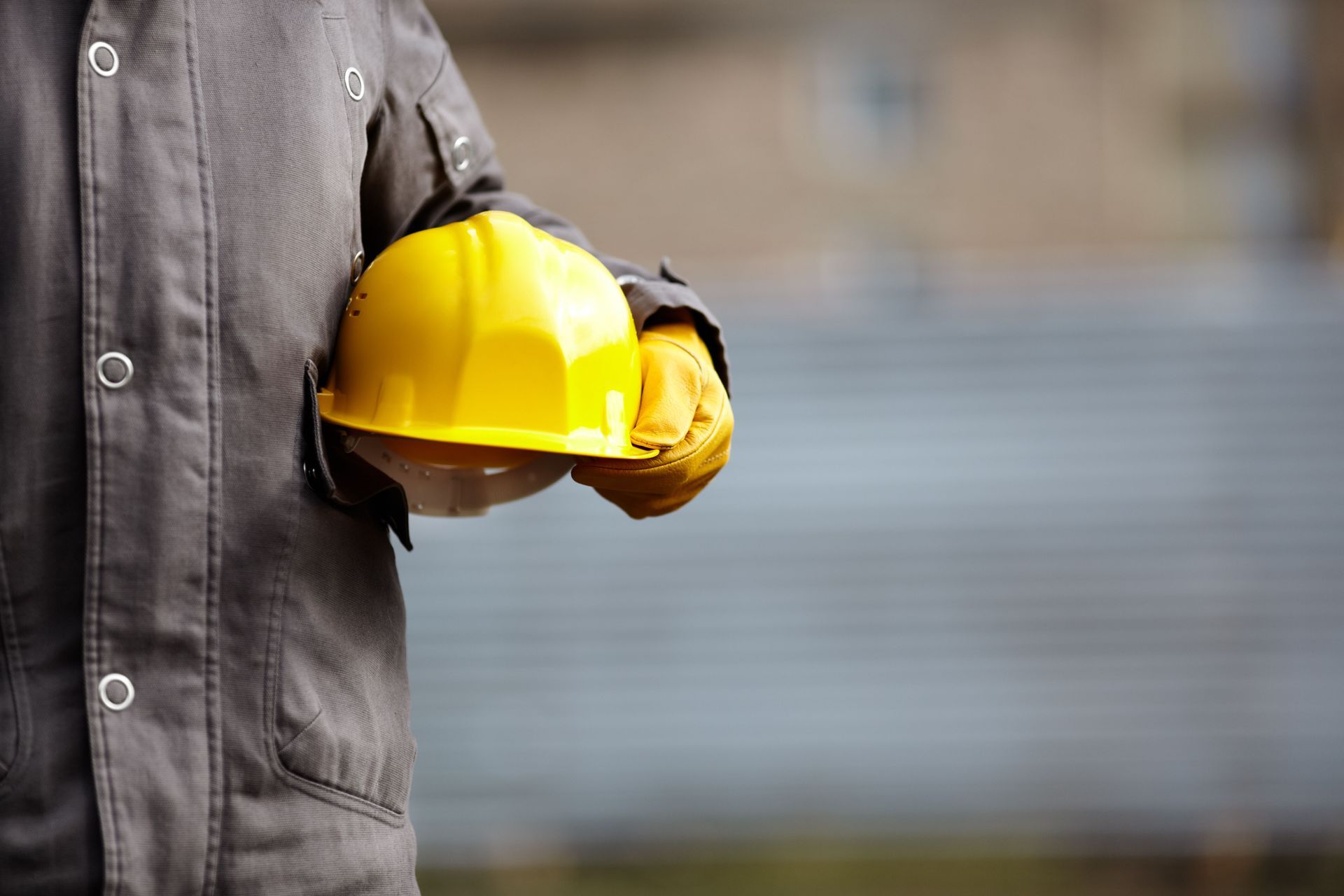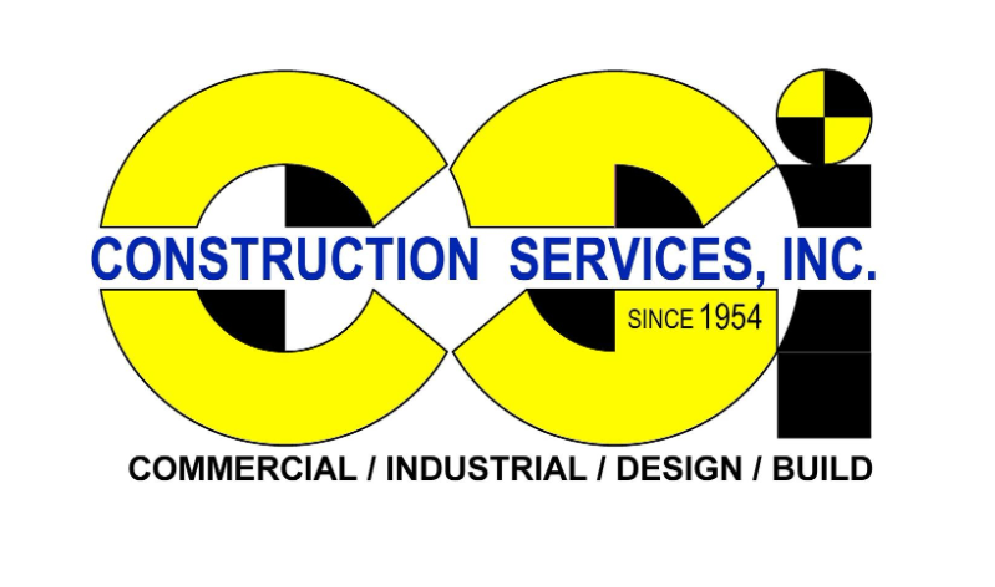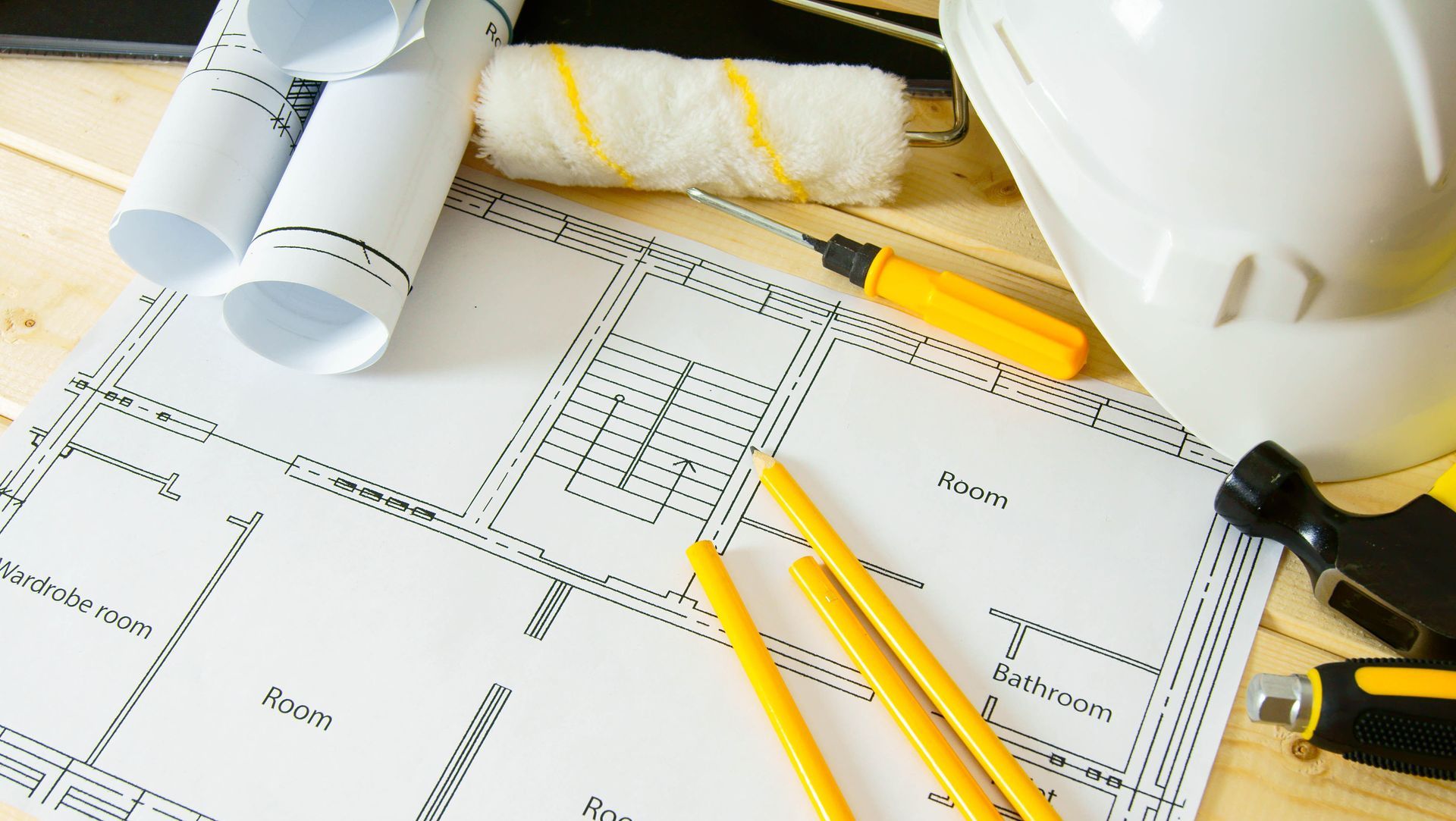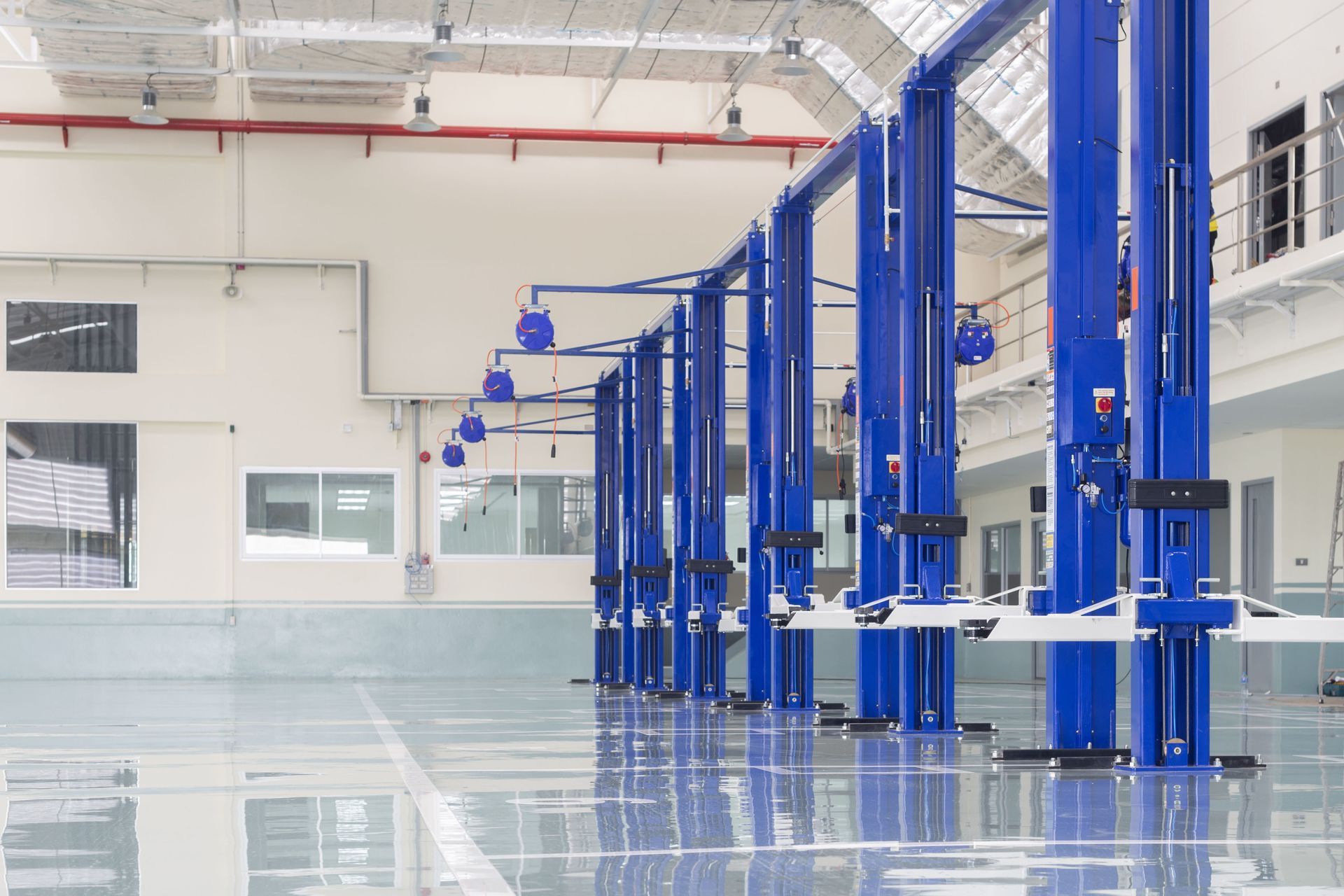How to Find Construction Management for Your Next Industrial Project
Your next industrial project—whether a manufacturing facility, distribution center, food-processing plant, or energy hub—will live or die by the quality of its construction management (CM). The right partner brings order to thousands of moving parts, aligns stakeholders, manages risk, and keeps crews building without costly stops and starts. From office buildings to retail spaces, commercial construction services cover a wide range of projects, and many of the best practices from that arena carry over to industrial work with added layers of safety, code compliance, and process engineering. This guide walks you through what to look for, how to vet candidates, and why the right credentials and culture matter as much as the bid number.
Start With Clear Project Objectives and Constraints
Before you meet a single construction management firm, write down the must-haves: production capacity, mechanical and electrical requirements, material flows, floor loading, clean-room classifications, utilities, and expansion options. Add constraints like site conditions, access roads, rail spurs, environmental limitations, and outage windows if you are building within an operating facility. Define success in specific terms: target completion date, commissioning milestones, ramp-up plan, and safety performance. Firms that can reflect your goals in a preliminary plan and schedule are already demonstrating they listened.
Prioritize Industrial-Specific Experience
Construction management for factories, plants, and logistics facilities calls for different playbooks than residential or simple commercial build-outs. Ask for detailed case studies that mirror your scope: heavy equipment sets, mezzanines, racking systems, automated material handling, process piping, high-capacity power, and specialized ventilation. Request names of trade partners they rely on for these systems and ask how the manager coordinates them to minimize clashes. A seasoned industrial CM will talk fluently about preconstruction modeling, crane picks, shutdown planning, commissioning checklists, and punch-list closeout tailored to production environments.
Verify Licensing, Insurance, and Safety Programs
With 3,776,498 construction businesses in the U.S. as of 2024, according to IBISWorld, credentials are your first filter. A professional team should be licensed to operate in your project’s state; multi-state licensing signals exposure to diverse codes and jurisdictions. Look for robust liability coverage and worker protections, then ask for certificates and limits. Review their safety program, incident rates, and training protocols. You want a construction management partner that treats safety as a daily behavior, not a binder on a shelf. If your project spans several regions, a firm licensed in three states can streamline mobilization and reduce learning curves with local inspectors and utility providers.
Assess Budget Transparency and Cost Control
Industrial projects can carry volatile material and equipment costs. A capable construction management partner will present open-book budgets, clear contingencies, and real-time cost tracking. Look for line-item clarity: site work, foundations, structure, envelope, MEP systems, interiors, process tie-ins, and commissioning. Ask how often they re-forecast, how they approve change orders, and how value decisions are documented so your operations team stays aligned. The right partner will help you maintain price discipline while still meeting performance requirements laid out by your engineers and vendors.
Make Permit Strategy a Competitive Advantage
Permitting can make or break momentum on an industrial site. Firms with hands-on permit assistance can pre-meet with authorities having jurisdiction, align submittals with code cycles, and phase packages so foundation work can start while interior systems are under review. Ask how they interface with environmental agencies, fire marshals, utility providers, and industrial stormwater programs. A proactive approach prevents surprises and keeps the site productive while paperwork moves through official channels.
Look for Digital Tools That Improve Clarity
Modern construction management blends field know-how with digital transparency. The strongest teams use BIM and clash detection to prevent rework, project management platforms to centralize RFIs and submittals, and dashboards that visualize cost, schedule, and safety at a glance. Ask to see sample dashboards and exportable reports your executives can read quickly. Progress photos, 360-degree site walks, and digital punch lists can further tighten feedback loops between your leadership, the CM, and trade partners.
Insist on Proactive Risk Management
Every industrial job carries risks—supply chain, labor availability, underground conflicts, weather, and change in production needs. A thoughtful construction management partner will maintain a living risk register with owners and trades contributing updates weekly. They should propose redundancies for critical equipment, escalation procedures for schedule threats, and field-tested responses should a risk materialize. When you hear specific examples—alternate switchgear suppliers lined up or contingency crane days already held—you’re talking to a team that plans for the unexpected.
Clarify Roles, Communication, and Decision Pathways
Even the best schedule falters when decisions stall. In interviews, establish who on your side approves change orders, who on the CM side issues direction, and how field decisions get documented. Weekly OAC (Owner–Architect–Contractor) meetings should be structured: safety first, schedule updates, submittals and RFIs, cost status, upcoming inspections, and critical look-ahead tasks. Good construction management partners publish concise, action-oriented minutes within 24 hours so nothing falls through the cracks.
Vet Trade Partner Bench Strength
In industrial settings, specialty trades drive quality and speed. Ask how the CM prequalifies electricians, mechanical contractors, steel erectors, controls integrators, and fire-protection firms. Look for criteria like financial stability, manpower capacity, fabrication capabilities, and recent industrial references. The CM should also describe how they coordinate multi-shift work, hold foreman huddles, and enforce quality checks before inspections to avoid repeat visits that can stall a line of work.
Seek a Culture That Fits Yours
Credentials and scope alignment matter, but cultural fit sustains large projects through inevitable friction points. Family-owned firms often bring continuity, personal accountability, and a long view that favors relationships over quick wins. When a company has years of experience, you benefit from institutional memory—lessons learned on similar projects, stable leadership, and a mentoring culture that strengthens field teams. Ask to meet both executives and superintendents; you want the same integrity you see in the boardroom to show up in daily jobsite decisions.
Leverage Complimentary Consultations Before You Commit
Most top-tier construction management firms offer complimentary consultations. Use these meetings to test drive their approach: bring preliminary drawings, utility requirements, and a rough timeline. See how quickly they identify gaps, propose phasing, and surface questions that sharpen your program. Ask for a draft responsibility matrix showing who owns approvals, equipment, and coordination by phase. The goal is to gauge how they think and communicate under pressure, not to get a free full design.
Check References the Right Way
Go beyond glossy testimonials. Call owners of recent industrial projects and ask what surprised them—good and bad. Did the CM keep leadership informed when market prices moved? How did they handle a field conflict without finger-pointing? Were closeout documents complete and usable? Did the plant team feel supported during commissioning and early operations? Balanced, specific feedback reveals more than polished case studies.
Balance Price With Value and Certainty
Lowest bid rarely equals lowest final cost on complex industrial work. Compare proposals on apples-to-apples terms, including contingency philosophy, staffing plans, project controls, and the strength of the trade partner roster. Ask where each firm believes risk sits and how they will handle it without eroding quality. A candid conversation about value—safety, schedule confidence, operational performance—often highlights the true best choice even if the initial fee is not the smallest.
Your industrial project deserves a construction management partner that prioritizes your goals. Our family-owned firm brings over 100 years of experience to the table, we take pride in our workmanship, and we serve the states of Alabama, Florida, Georgia, and Mississippi! Our team at Construction Services Inc is eager to work with you, so contact us today for a complimentary initial consultation.





Share On: